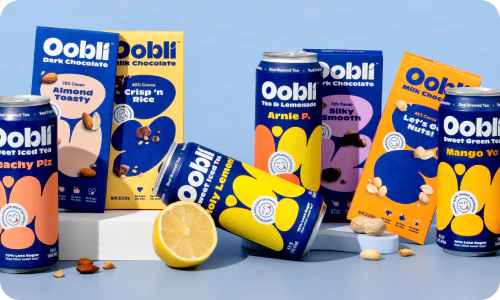Key Highlights
- FDA Approval: Oobli's Oubli Fruit Sweet Protein, brazzein, receives “No questions” letter from the FDA, signifying its GRAS status for use in food and beverages.
- Innovative Sweetening Solution: Oobli leads in providing healthy sugar alternatives through sweet proteins derived from equatorial fruits.
- Sugar Replacement: Oubli Fruit Sweet Protein offers a promising substitute for traditional cane sugar and artificial sweeteners, without impacting blood sugar or insulin levels.
Oobli, the pioneering sweet protein platform, announced a significant milestone in the quest for healthier sugar alternatives with the FDA's acceptance of its Oubli Fruit Sweet Protein, known scientifically as brazzein, as Generally Recognized as Safe (GRAS) for use in foods and beverages.
Breakthrough in Sweetness
Jason Ryder, Founder & CTO of Oobli and Adjunct Professor of Chemical and Biomolecular Engineering at the University of California Berkeley, expressed the company's vision of changing the future of sweetness. “The Oubli Fruit Sweet Protein is derived from fruits primarily found in West Africa, offering a sugar-like sweetness without the negative effects on blood sugar, insulin, or gut microbiome,” Ryder stated. This innovation aligns with the global need to reduce dependence on traditional sugars and artificial sweeteners.
FDA's Endorsement
The “No questions” letter from the FDA is a significant endorsement for Oobli, marking it as the first company to achieve such recognition for a sweet protein as a food ingredient. This acceptance underlines the safety and potential of sweet proteins to revolutionize food and beverage sweetening practices.
Cultural and Scientific Significance
Oobli's name and the inspiration for its sweet protein platform stem from West African villagers' description of the Oubli Fruit, emphasizing its natural sweetness. Ali Wing, CEO of Oobli, highlighted the FDA's letter as a testament to the sweet protein's potential to disrupt global sugar consumption patterns. “The Oubli Fruit Sweet Protein can replace 70% or more of sugar in most food and beverages, opening endless opportunities to reduce sugar intake,” Wing noted.



1 Comment